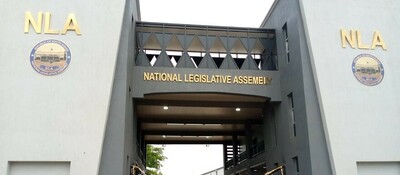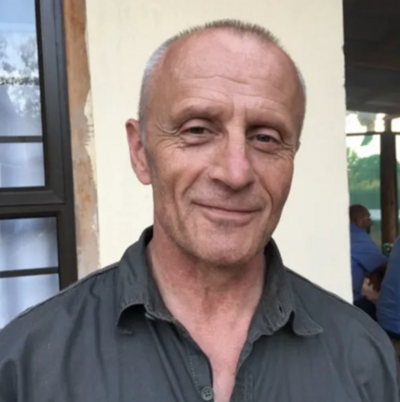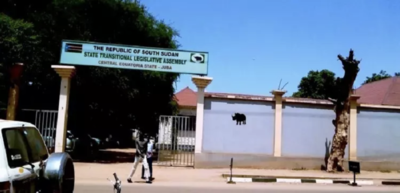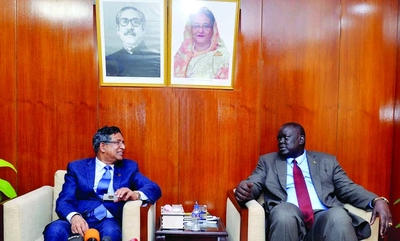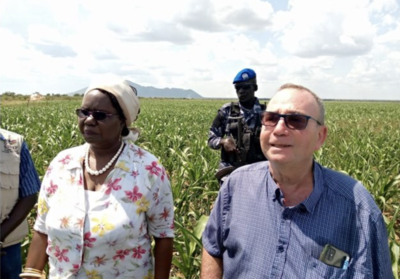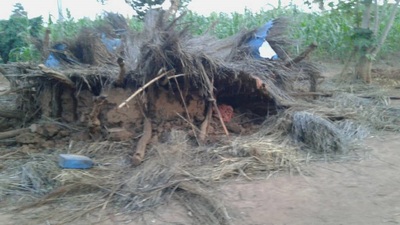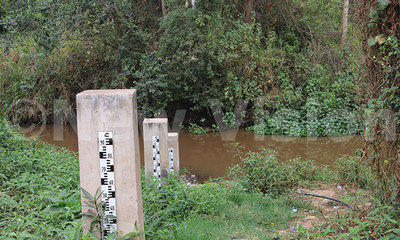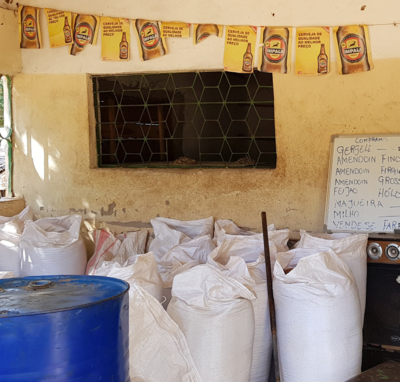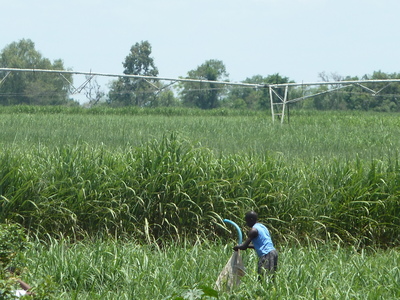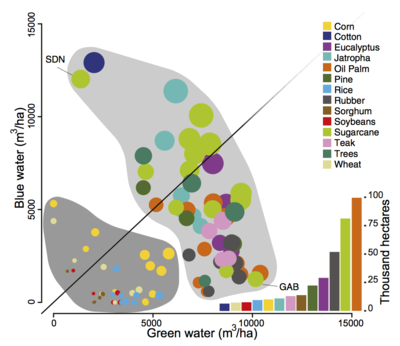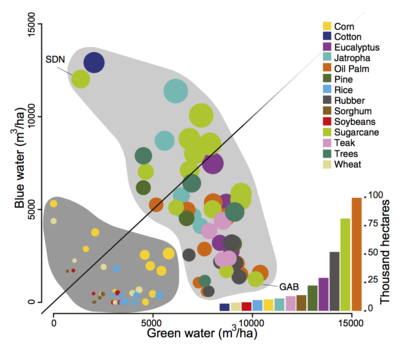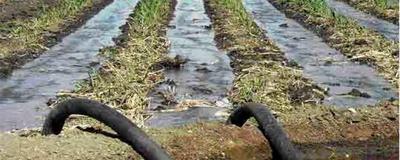South Sudan reviews National Land Policy
- Radio Tamazuj
- 10 July 2024
The new policy will address post-war conflict over land rights, land grabbing, urban informal settlements as well as conflicts over access to land with pasture and water. Land grabbing, which is the acquisition without regard for the interests of the rights holders, and disagreements regarding county and payam boundaries, will be addressed by the policy.




